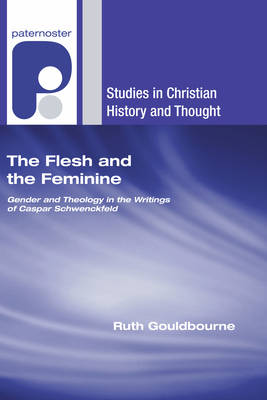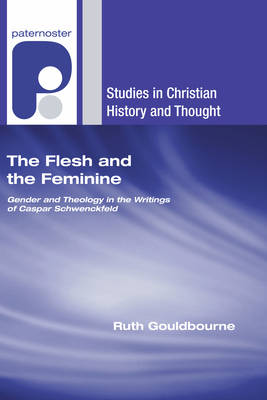
- Afhalen na 1 uur in een winkel met voorraad
- Gratis thuislevering in België vanaf € 30
- Ruim aanbod met 7 miljoen producten
- Afhalen na 1 uur in een winkel met voorraad
- Gratis thuislevering in België vanaf € 30
- Ruim aanbod met 7 miljoen producten
Zoeken
Omschrijving
During the sixteenth-century reformations, Caspar Schwenckfeld was one of the mavericks and creative thinkers who made up the amorphous grouping of radicals. At the time, and since, much has been made of the number of women who were attracted to his theology. Various reasons for this have been suggested, ranging from the attractions of a well spoken nobleman through to the pull of a more domestic religion. This study argues that the attraction lay in the theology that Schwenckfeld explored and offered, and the ways in which it destabilized the accepted social and biological definitions of gender identity.
Specificaties
Betrokkenen
- Auteur(s):
- Uitgeverij:
Inhoud
- Aantal bladzijden:
- 278
- Taal:
- Engels
- Reeks:
Eigenschappen
- Productcode (EAN):
- 9781498248969
- Verschijningsdatum:
- 1/06/2007
- Uitvoering:
- Hardcover
- Formaat:
- Genaaid
- Afmetingen:
- 152 mm x 229 mm
- Gewicht:
- 539 g

Alleen bij Standaard Boekhandel
+ 144 punten op je klantenkaart van Standaard Boekhandel
Beoordelingen
We publiceren alleen reviews die voldoen aan de voorwaarden voor reviews. Bekijk onze voorwaarden voor reviews.











